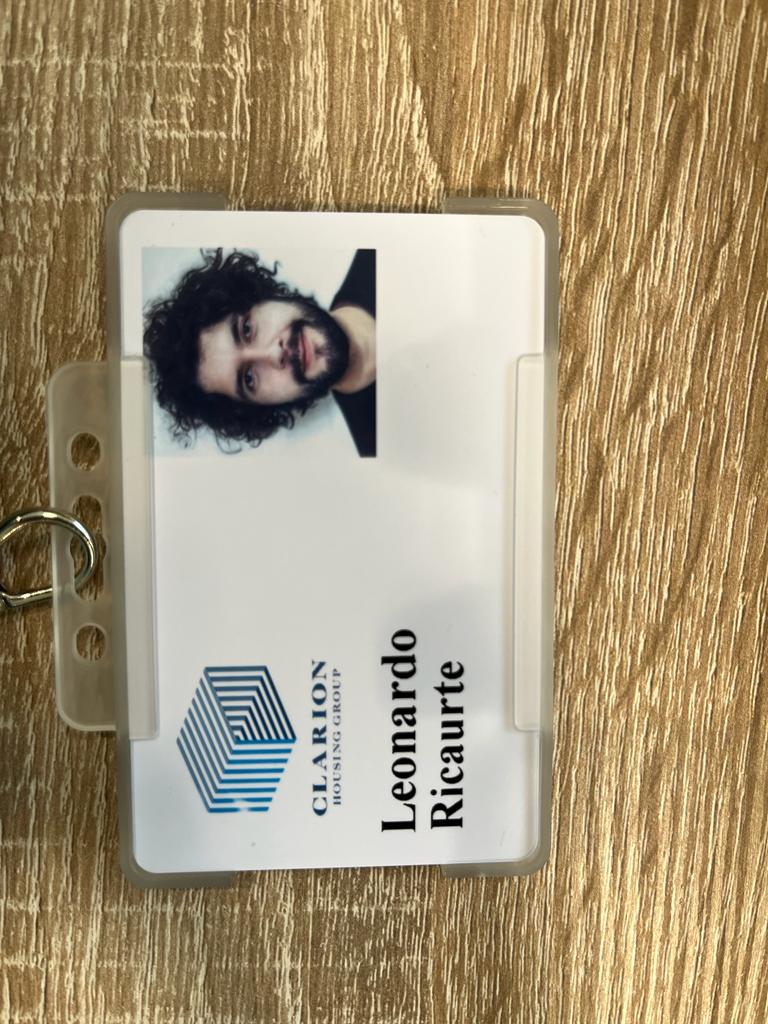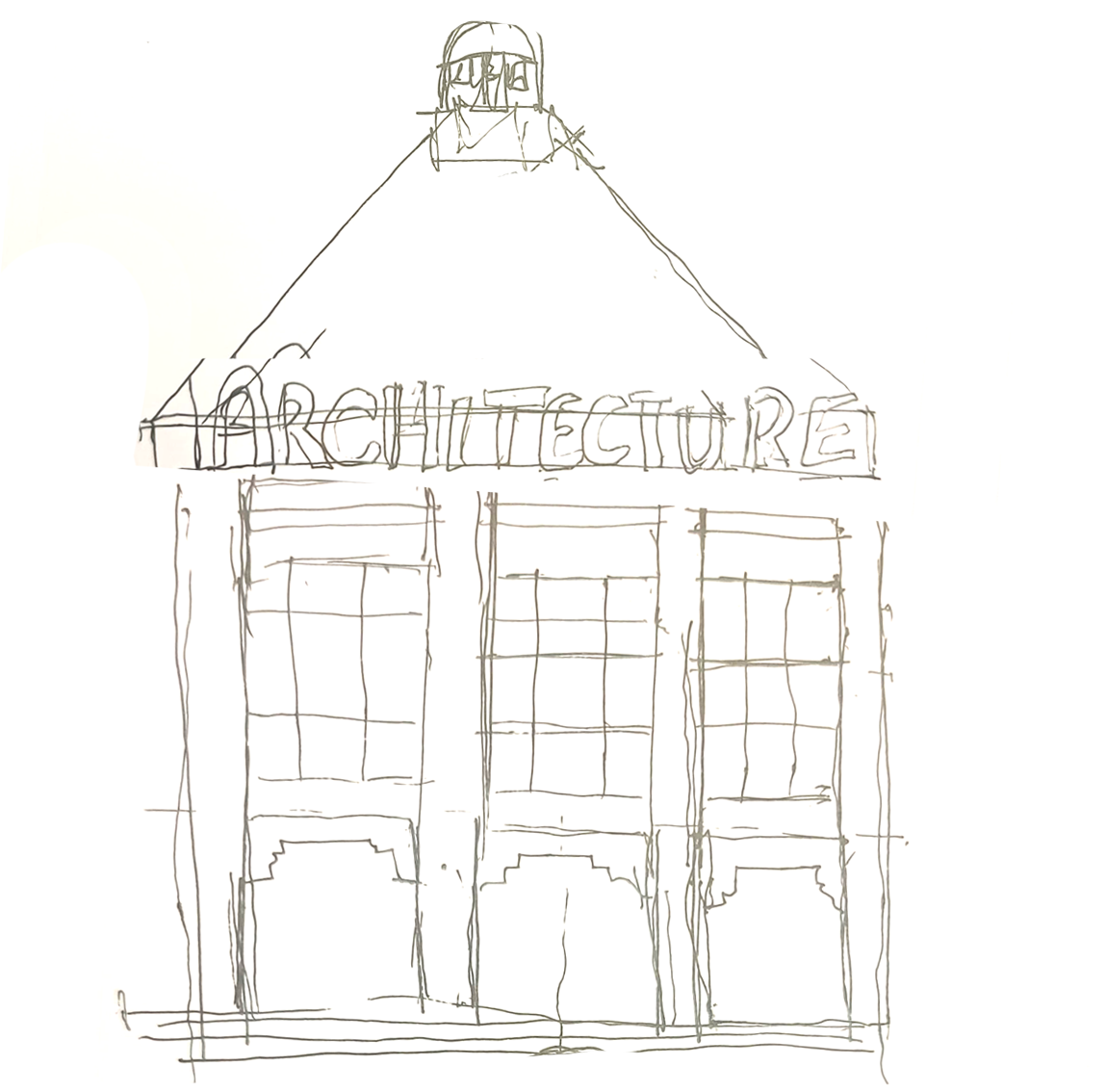Do we truly need a framework?
Posted on 13-11-2023
Over the course of three days, the RE-DWELL network met again in Delft with the hope that this gathering would not be our last, as the RE-DWELL conference is set to take place in Barcelona on May 16-17, 2024. A heartfelt acknowledgement is extended to the TU-Delft team, particularly Marja Elsinga, Marietta Haffner, and Tijn Croon, for their remarkable efforts and impeccable organisation of such a workshop.
The workshop was not marked as another academic meeting but also as a transdisciplinary meeting in which the ESRs, supervisors and representatives from partner organisations actively participated. The focal point of many debates, however, was the RE-DWELL framework and its structural components. This blog post, therefore, delves into the significance and applicability of frameworks in addressing challenges related to housing affordability and sustainability.
What constitutes a framework and its function?
The term "framework" embodies a broad concept that takes on varying meanings across different fields. From a linguistic perspective, it represents a system of rules, ideas, or beliefs used for planning or decision-making, akin to a supportive structure upon which decisions can be constructed.
In the realm of architecture, a framework serves to establish common practices, a set of principles, and a detailed description of singular or multiple activities. These activities often revolve around addressing a design challenge, translating it into practical language, and utilising architectural elements to surmount the challenge. Notably, building standards, regulations, and policies can also be viewed as types of frameworks, as they share the overarching goal of establishing common practices and achieving specific outcomes.
In contrast, within the realm of social science, a framework takes on a different connotation. It typically refers to a theoretical or conceptual structure that forms the bedrock for understanding and analysing complex social phenomena. This framework aids researchers in organising their thoughts, framing research questions, and interpreting findings. Social science frameworks manifest in various forms, often drawing from established theories or perspectives within the specific field under investigation.
While this blog post merely scratches the surface of framework typologies, it is essential to recognise their diversity. Some noteworthy examples include the conceptual framework, which centres on the theoretical structure supporting the understanding of a research problem; the theoretical framework, comprising a set of concepts and propositions guiding research; and the programming framework, a pre-established set of rules and tools for building software applications.
Deciphering the RE-DWELL Framework
As of now, the precise nature of the RE-DWELL framework remains elusive. However, it can be asserted with confidence that it does not conform to a mere checklist, a tick-box approach, or resemble systems like BREEAM or LEED. Instead, the RE-DWELL framework operates with a simpler structure, aiming to unify language, create a common ground, and establish a transdisciplinary perspective on the interconnected fields of housing, sustainability, and affordability.
Do we truly need a framework?
In short, yes, absolutely, we need a framework. The absence of a formal and universal language that brings all stakeholders to the same table persists as a challenge rarely addressed. Establishing such a framework requires concerted efforts and collaboration among the ESRs, supervisors, and partners. Crucially, it necessitates dismantling the borders that each field has erected around its knowledge. This is with hopes of promoting simple and effective practices to achieve the desired affordable and sustainable housing in Europe.
Finally, let us maintain optimism and look forward to meeting again in Barcelona!


